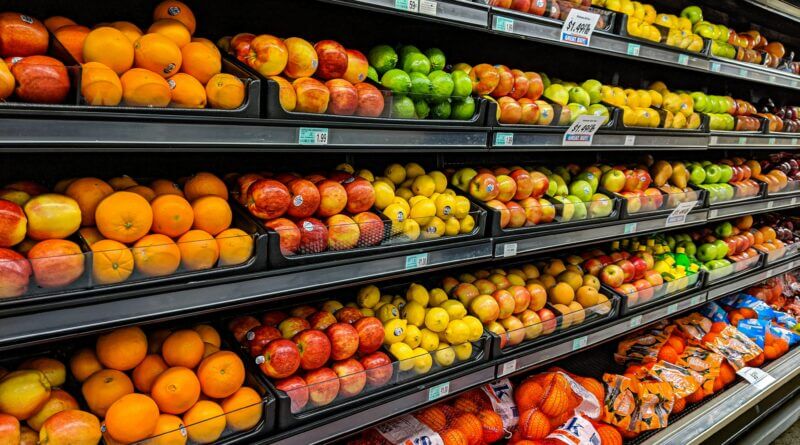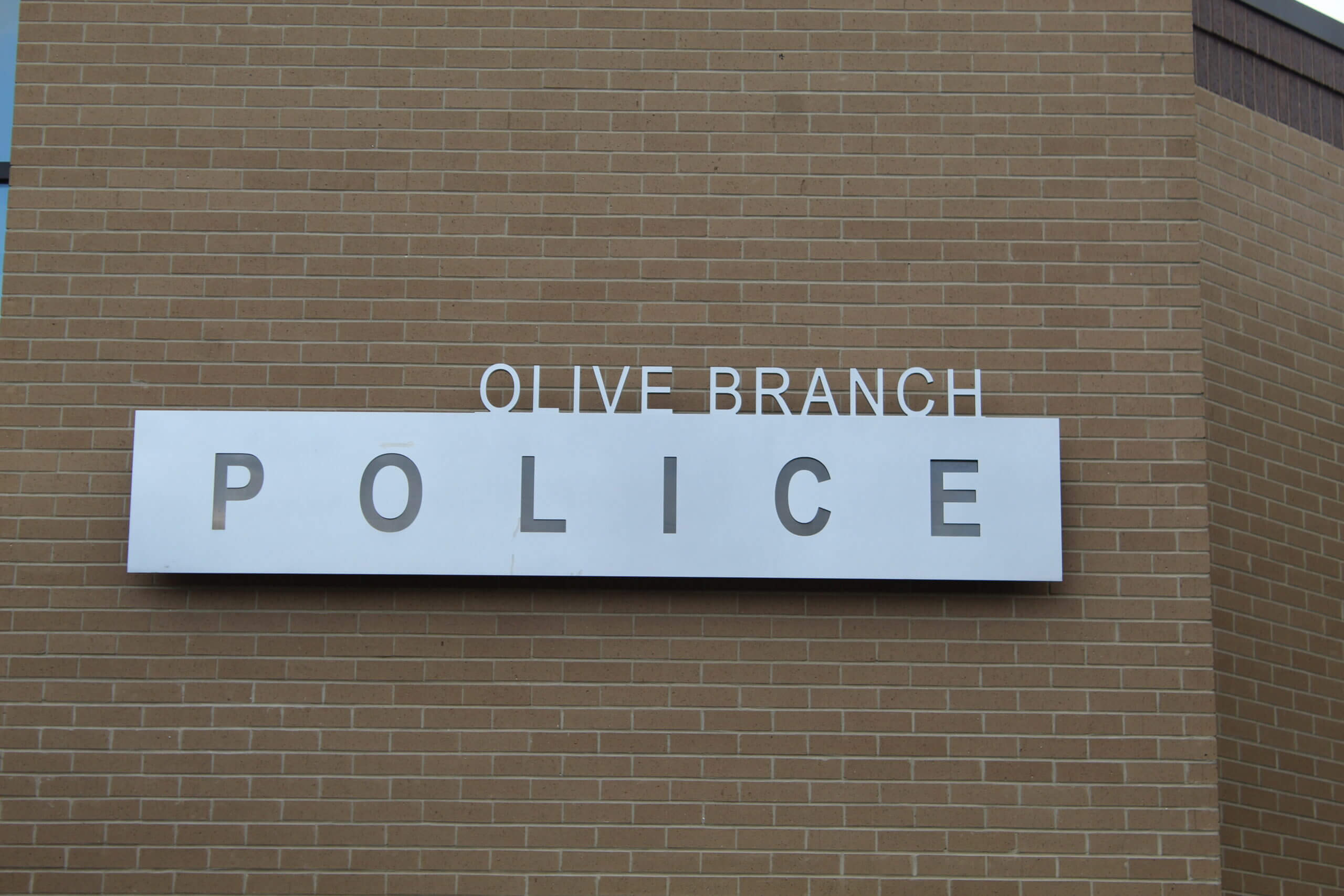Stevenson: The Kroger trade deficit delusion
By Jon Stevenson
On April 12, 2025, someone I would call my ideological, if not soul, mate—at least a cousin—wrote an article titled “Your Trade Deficit with Kroger Is Getting Out of Hand” in the Magnolia Tribune. In that article, Russ Latino attempted to draw an analogy between the everyday Kroger shopper’s finances and the balance of payment trade balances that exist between two countries. In his op-ed, Russ tries to create a simple framework to help people understand how international trade works.
Russ’s answers are overly simplistic. He frames value solely in terms of what economists would call a microeconomic analysis. He focuses on the interaction of trade as a transaction between two individual participants and its effects on them alone, without considering the impact on the macroeconomic environment in which they exist. He only examines the participants in a transaction—say, purchasing a piece of furniture—and the effects on those participants alone. The problem with this analysis is that it completely ignores the fact that the world does not have a unified currency. The value of all currencies fluctuates against each other based on the balance of payments and market participants’ trade expectations. The key factor here is the balance of payments, which is a measure of how much two or more countries buy and sell goods with each other. If a country sells more collectively than it buys, it has a trade surplus. If it buys more than it sells, it has a trade deficit.
This matters to countries just as it matters when you shop at Kroger. You may not need to worry about Kroger buying anything from you, but you do need someone to buy something from you—products, services, or even your labor—so you have money to pay Kroger. If you’re running an overall deficit when you shop at Kroger, you’ll need to put it on a credit card or tap into a home equity loan. The balance of payments in international trade is not usually a huge deal; these relationships typically work out over time. However, history has taught us that trade relationships work until they don’t. They function as Russ describes until one side becomes saturated with a currency and refuses to accept more of it. That’s when serious problems arise.
Breakdowns in trade relationships happen more often than you might think, especially in Latin America and Africa, and it’s a risk that any nation would be foolish to ignore. When this occurs, you see currency collapses and depression-like economic effects in the affected country —think Venezuela or Argentina. The United States has largely avoided these effects on our currency because we are such a desirable place to live and invest. But that doesn’t mean it can never happen to us. Investors worldwide are willing to accept our dollars because they can use them to purchase assets, businesses, and real estate in the United States. To put it in Russ’s terms, it’s like going to Kroger and making all your purchases with a home equity line of credit or a credit card. Kroger is happy to take your money, but you’re effectively selling off your most important asset, one grocery trip at a time. We all know that certain items must be made in the United States: pharmaceuticals, semiconductors, and strategically and militarily important supply chains. We also need to ensure that our balance of payments deficit remains below the growth in our national asset values. In other words, we must produce goods here that other countries want to buy, or we need to buy from ourselves, so we don’t sell off our “home.”
By doing this, we will, on a relative basis, maintain stable domestic ownership of our country. We will maximize our standard of living through trade while remaining economically viable for our children and grandchildren. Most importantly, we won’t be mortgaging their future for our standard of living today. President Trump’s tariffs are a tool to adjust our balance of payments to make our standard of living sustainable. To use Russ’s analogy, your trade deficit with Kroger doesn’t matter unless you lose your job. President Trump’s strategy is about ensuring America earns enough to avoid mortgaging our future.
This opinion-editorial article is written and provided by Jon Stevenson, a DeSoto County businessman and head of the DeSoto Integrity and Government Political Action Committee (DIGPAC). Opinions expressed are those of the author and not necessarily that of this publication.






